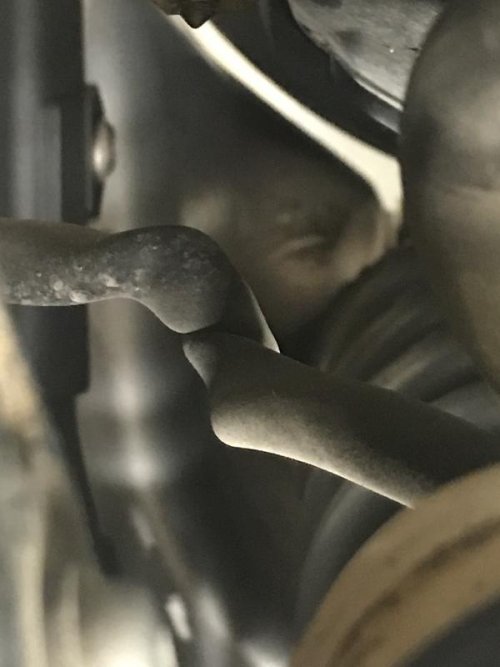cruisincruzan
Ute's Chauffeur
Just awakened my ‘14 9T from winter sleep and decided after 5 years to put in a new battery. No issues put everything back together ride away and no rear brake. Front works fine no other problems I can detect. I didn’t do anything else to the bike and when I put it away everything worked. I flushed the fluid, no improvement. Before I bring it to the dealer a logistical PITA thought I would check if anyone had any suggestions. Thanks

